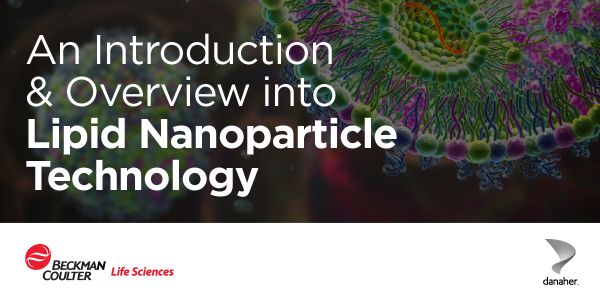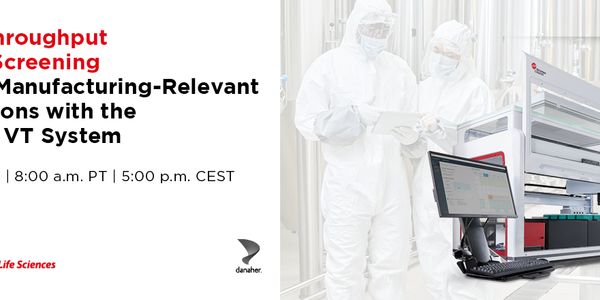
Deciphering the spreading of neuropathologies in neuronal circuits using a high capacity microfluidics platform
-
Sebastian Illes, PhD
Director of CNS research,Cellectricon ABBIOGRAPHY
Misfolded and accumulated neurodegenerative disease associated proteins (NDAPs, such as tau and alpha-synuclein) represent the major pathological hallmark in Alzheimer’s and Parkinson’s disease patient brain cells. Compelling evidence indicate that spreading of NDAPs within the patient brain occurs via interconnected neurons. While progress in deciphering the mechanisms of neuronal uptake of NDAPs and NDAP-caused protein aggregation has been made, our knowledge about other cellular processes, such as axonal uptake and transport of NDAPs as well as neuron-to-neuron transfer of NDAPs, is still limited. In the presentation, I will present Cellectricon’s approach to decipher individual cellular processes that are occurring in progressive proteopathies in cortical neuronal circuits. We apply an experimental in vitro paradigm to generate compartmentalized neuronal cells by culturing primary mouse cortical neurons in high capacity microfluidic co-culture plates. By using fluorescently labelled, seed competent NDAPs and high-content imaging, we can assess NDAP axonal uptake, axonal transport and protein aggregation in cortical neurons. By combining our neuronal compartmentalisation approach with neuronal labelling techniques, we aim to decipher the spreading mechanisms of neuropathologies in neuronal circuits. We aim to provide insights into specific disease-relevant neuronal processes, which can pave the way for novel intervention approaches for modulation of progressive proteopathies.
Learning Objectives:
1. Introduce the audience the principles of progressive neurodegenerative diseases
2. Present a concept that enables the assessment of specific cellular processes involved in progressive neurodegenerative diseases
3. Present data obtained from Cellectricon´s high-capacity microfluidics platform showing alpha-synuclein axonal uptake, transport and caused protein aggregation in a sub-population of primary cortical neurons
Please update your information
Certificate of Participation
DOWNLOAD CERTIFICATE






